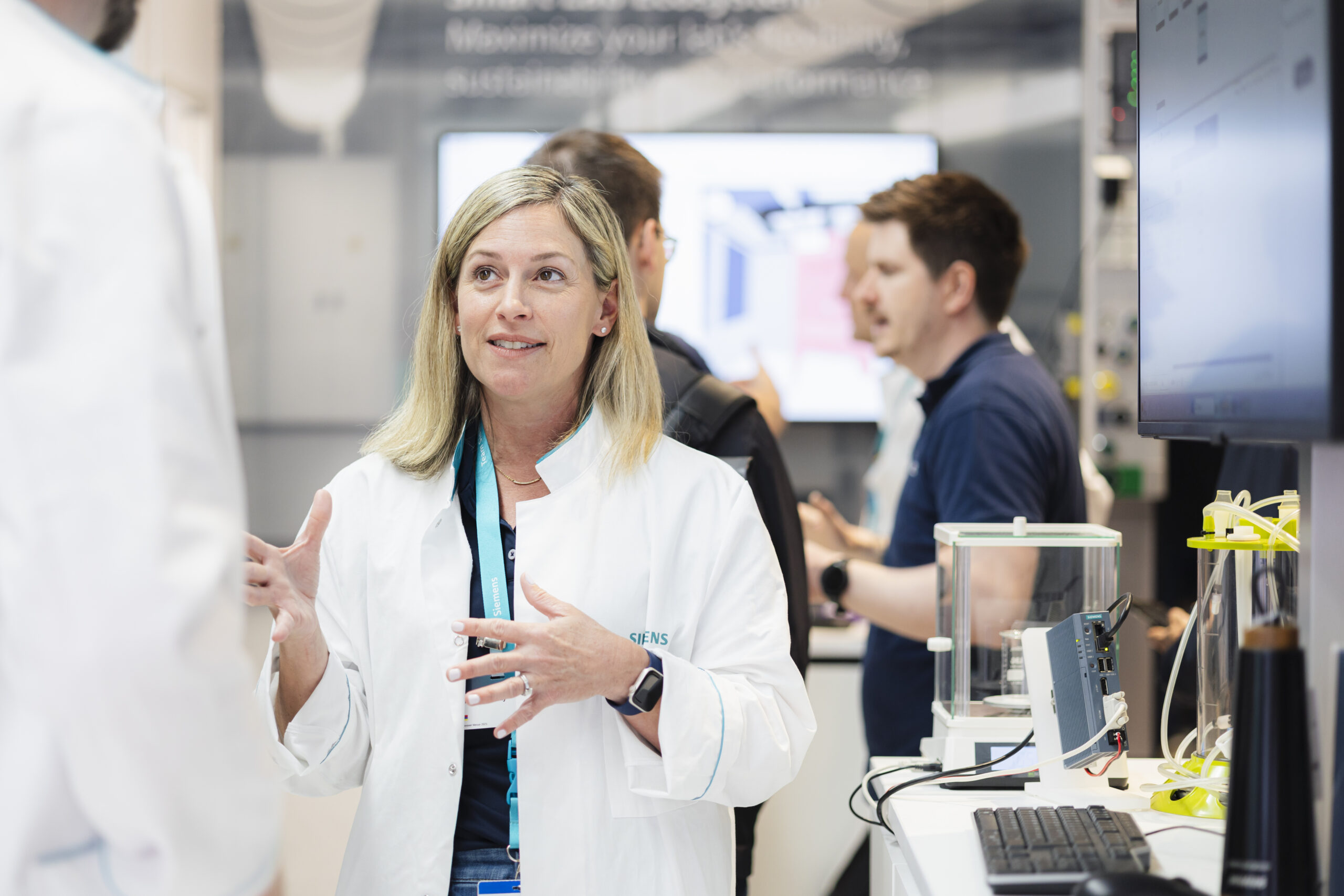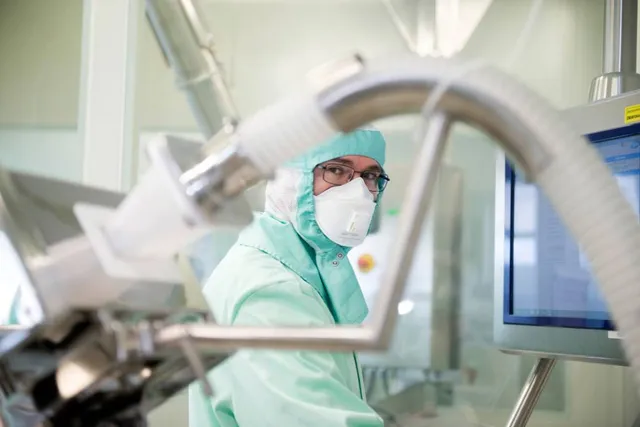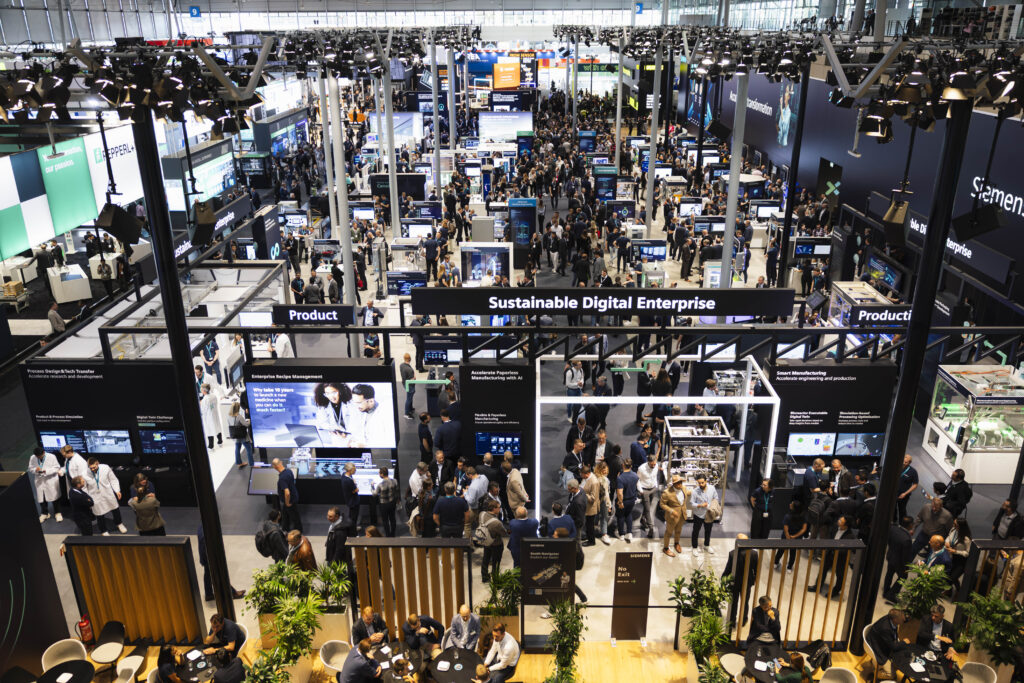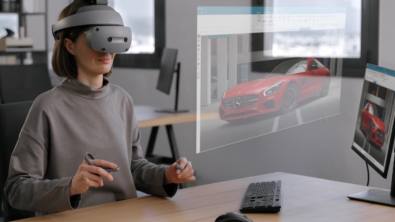Hannover Messe 2025 recap: Siemens accelerates innovation in Pharma and Life Science

Why does it still take a decade to bring a new drug to market? In an industry where every second counts, pharmaceutical companies are under immense pressure to accelerate development without compromising quality, compliance or sustainability. To deliver life-saving therapies faster, pharmaceutical companies need to become a sustainable Digital Enterprise.
At Hannover Messe 2025, Siemens demonstrated its latest innovations in pharmaceutical manufacturing, showcasing how companies can leverage technology to shorten the journey from lab to patient. By combining the real and digital worlds, pharmaceutical companies can accelerate digital transformation, optimize production and achieve sustainability goals. Now it is possible to win the race against time to bring medications to patients, while making their business more profitable and resilient.
Modernizing pharmaceutical facilities: Smart lab and digital lab
Designing and maintaining controlled environments that meet the highest quality standards while optimizing operations is essential for pharmaceutical and research facilities. Precision is critical for producing life-saving medicines, but conventional labs often lack the agility required to meet modern challenges.
The Siemens Xcelerator Smart Lab Ecosystem revolutionizes lab and cleanroom design by providing a modular, plug-and-play infrastructure that seamlessly integrates room segments, devices and sensors. This vendor-agnostic system enables unparalleled flexibility, scalability and operational efficiency, ensuring labs can easily adapt to evolving research needs.

The Smart Lab Ecosystem offers a holistic, digitalized approach to lab design, construction, and operation, allowing pharmaceutical companies to accelerate drug development while maintaining the highest safety and sustainability standards. Siemens’ solutions help regulate airflows, monitor contamination risks, and ensure compliance—all while reducing complexity and time-to-market. This holistic planning approach can accelerate lab design up to 80%.
Moreover, the future of pharmaceutical and life sciences production demands smarter energy management. Energy supply and power distribution within smart and sustainable buildings are decisive factors for the energy-intensive pharmaceutical industry. The energy supply must be reliable, efficient and sustainable. Industrial buildings need to operate efficiently and sustainably, actively contributing towards productivity while ensuring the safety and security of workers.
Siemens is redefining power distribution with Electrification X, an IoT suite that enables real-time monitoring for grid efficiency, reliability, and sustainability. Our Clean Air technology cuts greenhouse gas emissions, while Building X digitizes and optimizes facility operations. The result is energy data transparency to ensure maximum reliability and efficiency in industrial plants.
Accelerate product formulation
It is not only lab design that needs to adapt faster, but R&D must accelerate to bring medicines to patients faster. It is vital to optimize the yield, quality and sustainability of the recipe and manufacturing process to ensure safe and efficient medicines.

Siemens revolutionizes this process with our Digital Process Twin technology. By digitally designing, planning and executing experiments, companies can reduce the number of physical trials, saving both time and resources while also reducing the amount of waste a facility produces. Transparent, versioned and shared lab and manufacturing processes allows for process design space exploration, foster collaboration and knowledge sharing, and facilitates process understanding and transfer to other parts of the organization
Once a process and recipe are finalized, seamless transfer from research and development (R&D) to production is essential. Siemens’ Enterprise Recipe Management (ERM) approach creates a digital backbone for data-driven knowledge sharing, ensuring smooth and efficient tech transfer from lab to full-scale manufacturing.
Smart manufacturing: Maximizing productivity and quality
Over half of drug shortages are attributed to production delays and quality-related issues, highlighting a critical need for more efficient manufacturing processes. Pharmaceutical manufacturing is divided into two key stages: primary and secondary manufacturing. Siemens supports customers and improves their processes across both phases:
- Primary Manufacturing: Involves producing active pharmaceutical ingredients (APIs). Siemens’ digital solutions enable automated, paperless, and continuous production while ensuring compliance and sustainability.
- Secondary Manufacturing: Involves converting APIs into final products like tablets and capsules. Siemens collaborates with pharma equipment builders to design, engineer, and deploy smart, digitally enabled production equipment.
Siemens enhances reliability and operational readiness without compromising quality. By integrating transparency, security and real-time monitoring into these stages, companies receive actionable insights and the ability to make data-driven decisions to meet production, quality and sustainability targets to continuously drive efficiency.
The next era of pharma: Additive manufacturing
Pharmaceutical equipment builders face increasing pressure to design and deploy efficient, flexible, and scalable machinery. Siemens’ digital engineering solutions support the entire equipment lifecycle, from design and commissioning to training, operation and optimization.
By leveraging Digital Twin technology, pharmaceutical companies can simulate and refine production processes before physical implementation, reducing downtime and improving overall efficiency. The pharmaceutical value chain is evolving to deliver innovative and safe therapies to smaller, more personalized patient groups. One breakthrough technology driving this transformation is additive manufacturing (AM), which enables the creation of custom medications tailored to individual patient needs.

Pharmaceutical companies can integrate additive manufacturing into their processes, improving accessibility to personalized medicine while maintaining strict quality control standards. Our Siemens Xcelerator Enterprise Transformation Framework provides a best-practice model for managing this transformation, ensuring that pharmaceutical companies can modernize their operations while maintaining quality, compliance and efficiency.
Siemens solutions in action
Siemens is proving that it doesn’t have to take years to bring new medicine to market. With advanced digital tools, we are helping pharmaceutical companies streamline R&D, improve lab and production efficiency and optimize infrastructure. By combining the real and digital worlds, we empower companies to transition into a truly sustainable Digital Enterprise.
The Siemens Xcelerator ecosystem connects customers with technology partners, marketplace sellers, and domain experts, providing access to cutting-edge solutions that accelerate innovation and future-proof operations.
Siemens Digital Industries Software helps organizations of all sizes digitally transform using software, hardware and services from the Siemens Xcelerator business platform. Siemens’ software and the comprehensive digital twin enable companies to optimize their design, engineering and manufacturing processes to turn today’s ideas into the sustainable products of the future. From chips to entire systems, from product to process, across all industries. Siemens Digital Industries Software – Accelerating transformation.


